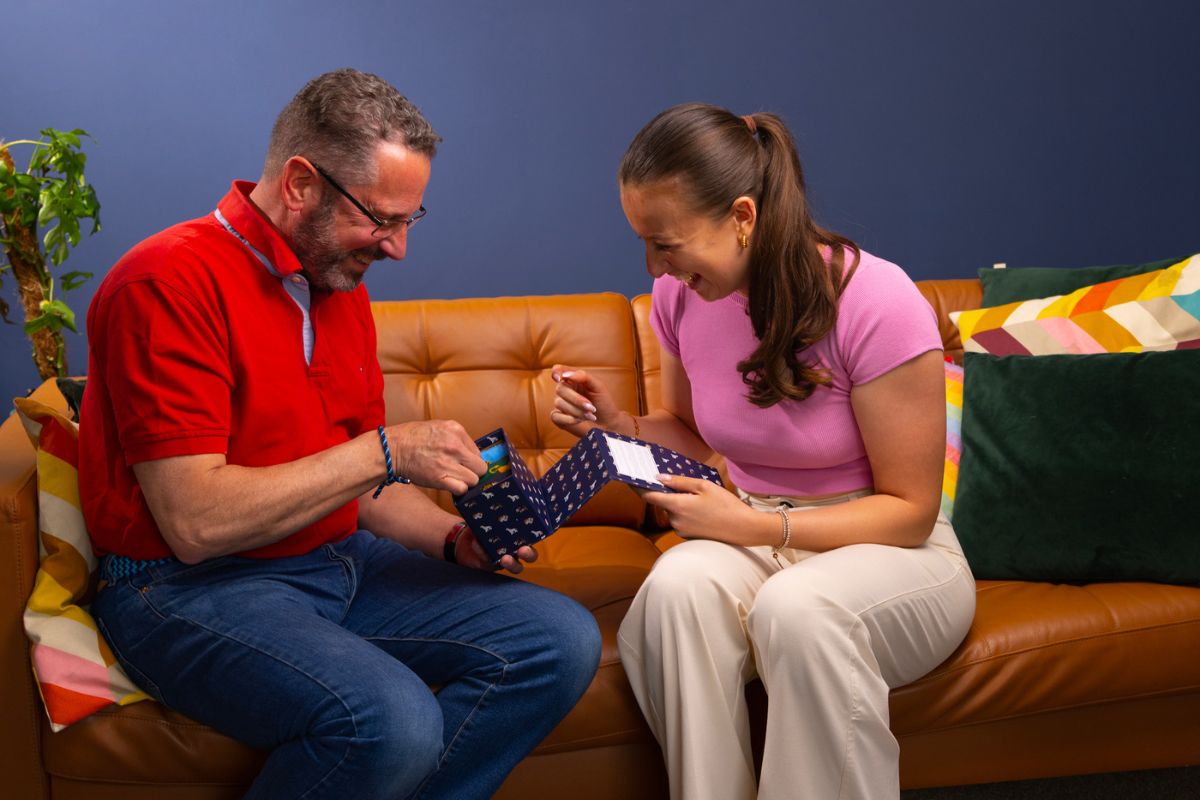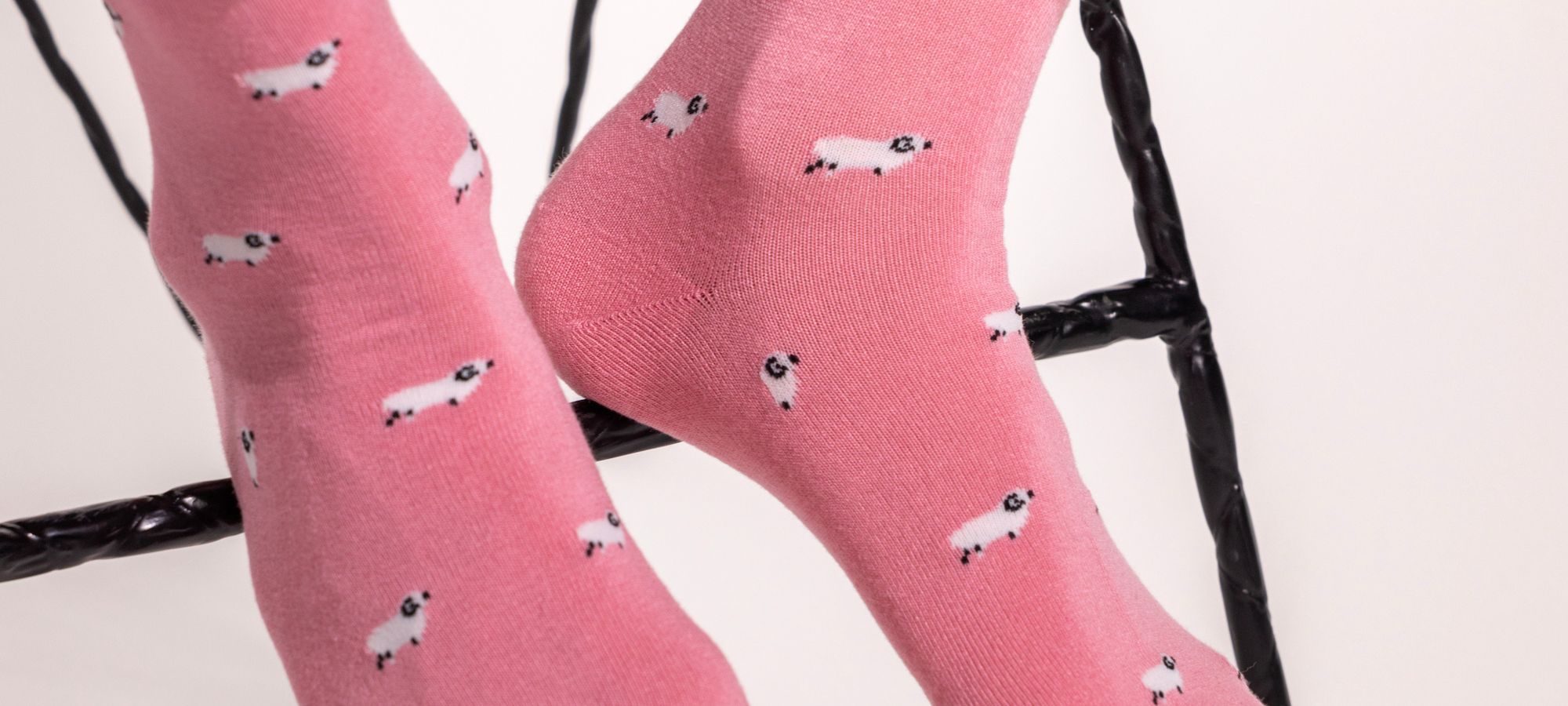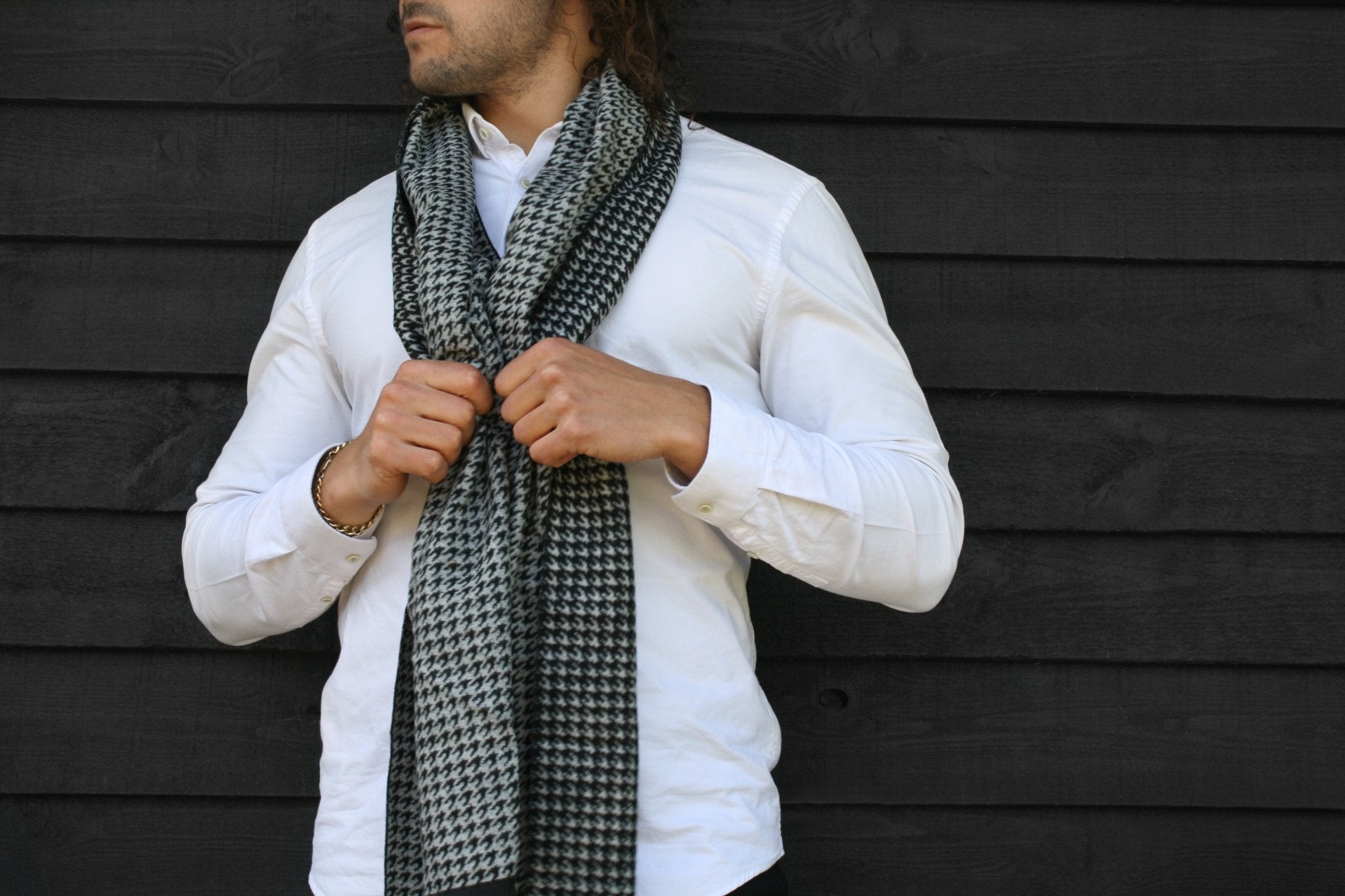It’s Autumn again. Time to layer and stock up on wardrobe favourites like scarves and socks. But, there is much more to consider than you’d first expect when making these purchases. Choosing cotton accessories can negatively impact the planet in many different ways. Here, we’ll explore the environmental benefits of buying Swole Panda bamboo over cotton wares. We think you’ll be amazed.
Bamboo is Less Thirsty
You may be shocked to learn that the fashion industry used 79 billion cubic metres of water in 2015. This would fill 32 million Olympic swimming pools. That’s a lot of water! So, with the scale of demand for such a finite resource, it’s important to make informed decisions about the fabrics we – as consumers – buy into.
Bamboo uses approximately one third less water to grow than a cotton plant. The WWF states that 20,000 litres of water are utilised in making just one cotton t-shirt and cotton production has been linked to the now-dried Aral Sea. Bamboo, by contrast, doesn’t require irrigation to grow.
The production stage of our bamboo accessories is much kinder to the planet. Gaining the ISO 14001:2015 standard, we comply with conserving water. This is due to our FSC certified closed-loop production cycle that ensures the water we’ve used is then fit to be recycled. Crucially, it’s safe for agricultural irrigation.
Better Soil Quality
There are also major differences between these two materials regarding the soil they grow in. Cotton seeds must be planted with every new growing season. Bamboo, on the other hand, is cut above the roots and will happily regrow without the need to disrupt the nearby soil.
The two plants are complete opposites here. Cotton contributes to soil degradation and erosion, whereas bamboo’s intact root systems preserve the soil and prevent soil erosion. Switching to bamboo will therefore make a real difference to the richness of its natural habitat.
Our FSC certification recognises that Swole Panda does not contribute to forest destruction or natural habitat loss. So you can buy with added peace of mind included.
Pesticide-free
Bamboo is naturally pest-resistant, unlike cotton. This allows us to grow our bamboo forests 100% organically without pesticides. Why does this matter? Well, The World Counts website states that cotton is the most chemically sprayed crop in the world. They add that cotton farming pesticides have polluted Uzbekistan’s groundwater – which lies 150 metres deep in places. Unfortunately, this affects the area’s drinking water and 85% of this region’s inhabitants have experienced poor health.
Determined to increase awareness of sustainable practices in manufacturing, our bamboo is Oeko-Tex 100 certified. As a result, the finished fibre has cleared tests. No trace chemicals that pose any health threat are found. So, those new socks will feel even more comfortable to wear.
Reduced CO2 Levels
Ten years ago, the Carbon Trust reported that cotton produces 220 million tonnes of CO2 each year. This sizeable figure includes the manufacturing processes of transforming cotton fibres into the finished article. Tilling the land in preparation releases carbon dioxide, unlike bamboo, which actually absorbs and minimises CO2.
The University of the Arts, London, states that “one hectare of bamboo can sequester 62 tonnes of carbon dioxide per year”. A single hectare equates to 2.47 acres, and there are approximately 100 million acres of bamboo grown globally. This means that the world’s bamboo collectively sequesters over 153 billion tonnes of CO2 every 12 months. Interestingly, bamboo is indirectly offsetting the damage done by cotton production. Making the switch to bamboo accessories can, therefore, be a dependable solution in offsetting our carbon footprint.
As you’ve seen, the bamboo used in creating our sustainable accessories is less disruptive and more beneficial to the environment than cotton. Looking to make more environmentally sound choices when shopping for socks, scarves and boxers? Our bamboo collections simplify the process and offer bold British designs. Hone your sustainable shopping habits by visiting our online shop.









































Leave a comment